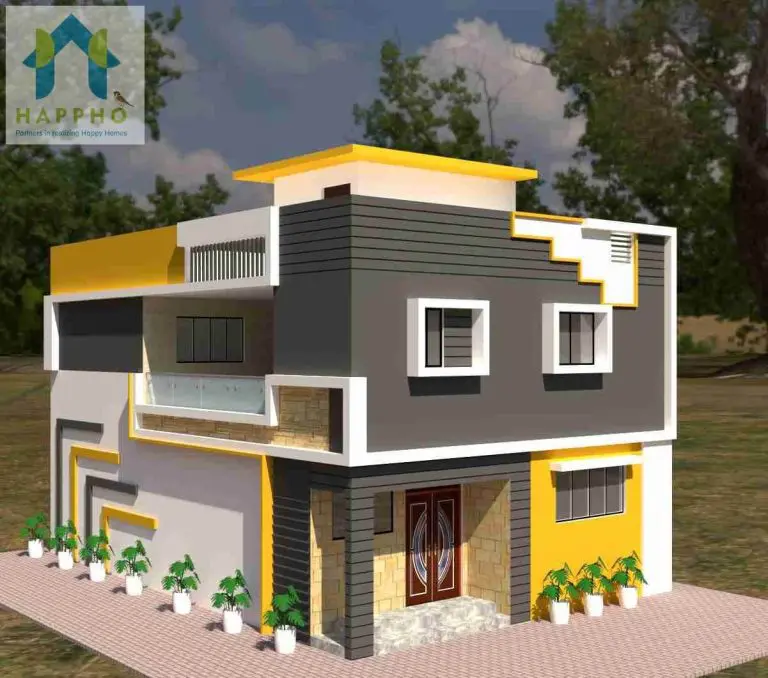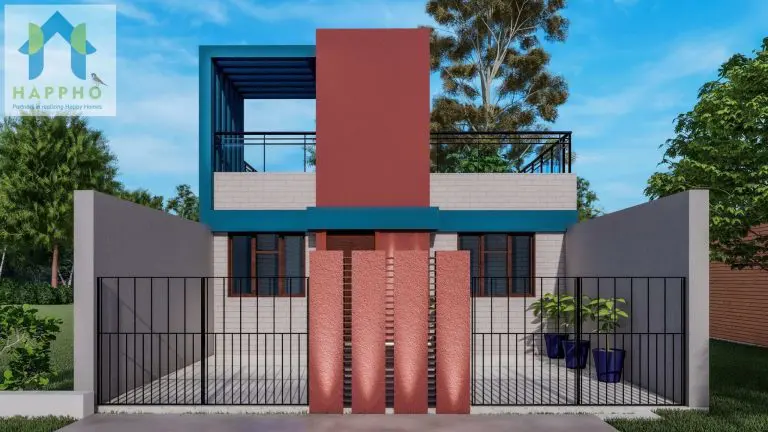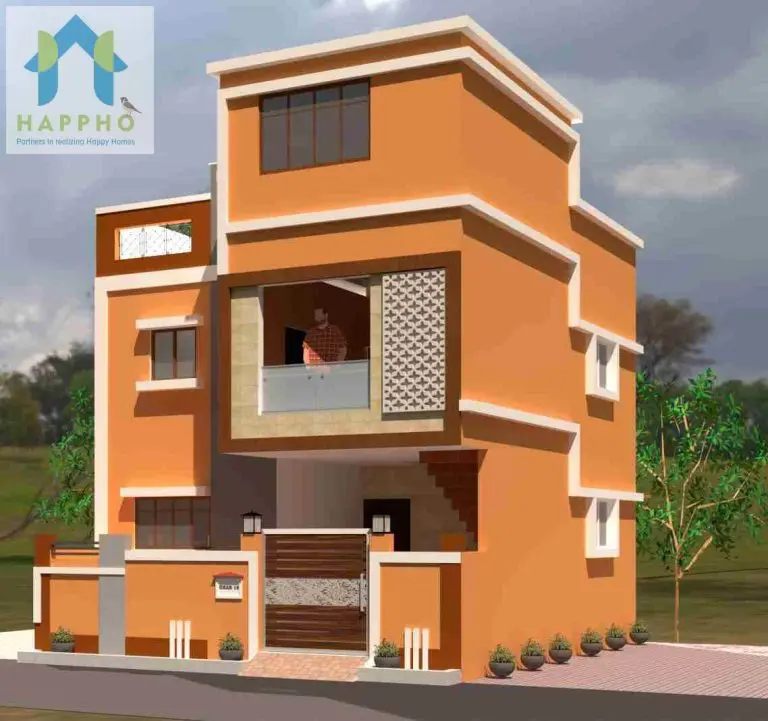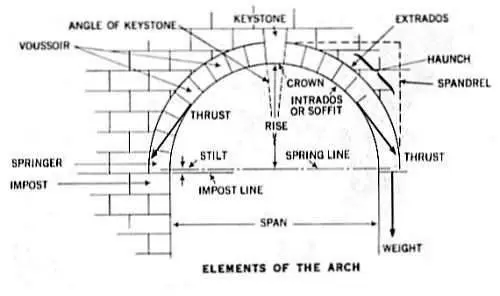Concrete Blocks as per IS 2185-1 2005 are rectangular concrete masonry units that can be used for both load bearing and non-load bearing structures. These blocks can be either hollow (open or closed cavity) or solid (other than units used for bonding, such as a half block).
There are 2 major types of concrete blocks available:
- Solid Concrete Blocks
- Hollow Concrete Blocks
Concrete Blocks
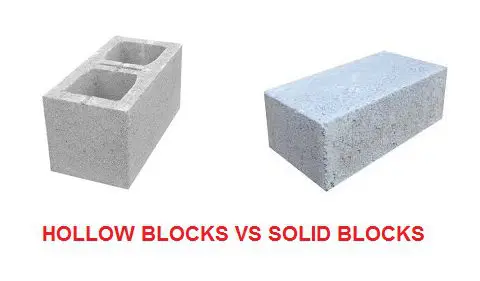
Solid Concrete Blocks
Composition: Solid Concrete blocks are made of portland cement, aggregate and sand. Usually fly ash or bottom ash is mixed with the concrete mixture.
Size Availability:
- Length : 400, 500 and 600mm
- Height : 200 or 100 mm
- Width: 100, 150, 200 mm
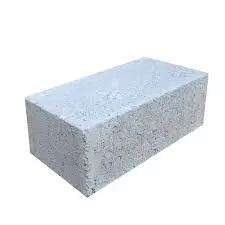
Cost of Solid Concrete Blocks Per Cum: The cost per cum of Solid Concrete Blocks in India generally varies from Rs. 2900/- to Rs. 3100 per cum (exclusive of transportation). The rates may vary depending on location and availability.
Please always compare the price per cum and not price per block as the size of the block varies.
Hollow Concrete Blocks
Composition: Hollow Concrete blocks are made of portland cement, aggregate and sand. Usually fly ash or bottom ash is mixed with the concrete mixture. Hollow concrete blocks have
Size Availability:
- Length : 400, 500 and 600mm
- Height : 200 or 100 mm
- Width: 100, 150, 200 mm
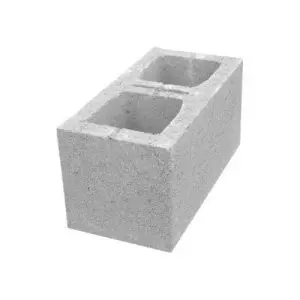
Cost of Solid Concrete Blocks Per Cum: The cost per cum of Solid Concrete Blocks in India generally varies from Rs. 2900/- to Rs. 3100 per cum (exclusive of transportation). The rates may vary depending on location and availability.
Please always compare the price per cum and not price per block as the size of the block varies.
Advantages of Hollow Blocks Over Solid Blocks:
- Hollow blocks are light in weight thus dead load on structure is less thus consumption of steel per sq.ft will be lower to when solid blocks are used in masonry walls.
- The cost of production of hollow block per unit is low as the raw materials consumed for a same sized block will be less as compared to a solid block
- Hollow blocks are light in weight than solid ones so the productivity of masons working on masonary works will increase since its easy to handle and place these blocks as compared to Solid Blocks
- The Jointing mortar requirement for Hollow blocks is less than Soild blocks as the surface area of application is reduced
- Hollow blocks are better acoustic and thermal insulators as compared to Solid blocks. This will reduce the electricity consumed for heating and cooling the rooms inside the house
happho Recommendation
Happho’s Recommendation: Although Happho recommends using hollow blocks instead of Solid blocks for House construction, we prefer even more new technologies like AAC or CLC blocks for house construction. These blocks are light weight blocks made by creating small voids/pores (which are not interconnected) inside concrete. These blocks have all the advantages of the hollow blocks mentioned above.

